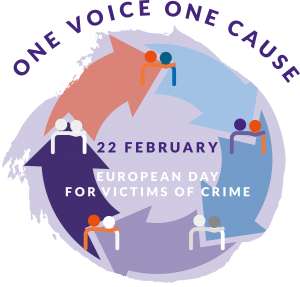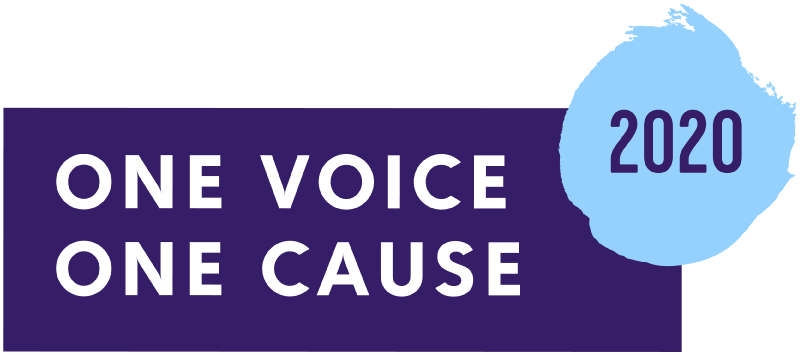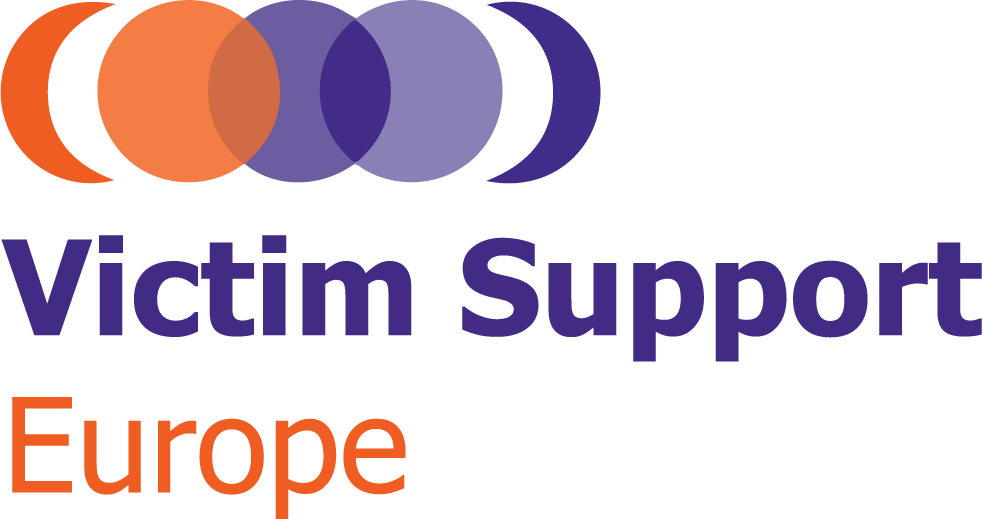Joint NGO Statement

 Ahead of the European Day for Victims of Crime on 22 February 2020, Victim Support Europe and its partners have issued the following statement:
Ahead of the European Day for Victims of Crime on 22 February 2020, Victim Support Europe and its partners have issued the following statement:
Today our thoughts go out to all those people who fell victim to crime. Being a victim of crime is something that can happen to all of us.
- Every year, an estimated 15% of Europeans or 120 million people from the Council of Europe 47 member states fall victim to serious crime.
- About 35% of women worldwide have experienced either physical and/or sexual intimate partner violence or non-partner sexual violence in their lifetime.
In the EU, all victims of crime benefit today from a set of clear rights, independently of where in the European Union the crime takes place. In particular, the Victims’ Rights Directive, which came into application in November 2015, provides the rights to be recognised and treated in a respectful, professional and non-discriminatory manner. The main objective of these high standards is to avoid that victims suffer additional harm during criminal proceedings.
Member States were required to transpose the Victims’ Directive into their national context and practically implement it to allow victims to exercise rights enshrined in it until 16 November 2015. However, till now, Member States did not fully establish the adequate procedures and mechanisms for putting the Directive into practice.
Victim Support Europe, its members and partners have made the implementation of the Directive a priority and are determined to make victims’ rights a reality in practice.
By using our recent VOCIARE Project findings, a basis for a careful rethinking, at national and EU-level, of how are victims’ rights being enacted (or not), we will take all necessary steps to improve their standing.
We aim to ensure that every victim in Europe is able to access information and support services in the aftermath of crime, regardless of where the victim lives or where the crime took place.
Background

In 1990 in Stockholm, Sweden, Victim Support Europe declared 22 February to be the European Day for Victims of Crime. The European Day offers the momentum to remember those who have suffered at the hands of criminals – many millions every year – children and adults, women and men, poor and wealthy, residents and visitors to the EU.
In 2019, Victim Support Europe and its members have taken a range of actions to advance victims’ rights and help victims of crime in the EU:
- Since November 2015 the Victims’ Rights Directive lays down a clear set of rights for victims of crime, and obligations for EU Member States to ensure these rights in practice.
- In July 2019, VSE and the project partners completed the Project VOCIARE aimed at studying the practical implementation of the Victims’ Directive at the national level. The findings of the project can stand as a basis for a careful rethinking, at national and EU-level, of how are victims’ rights being enacted (or not) and what can be done to improve their standing.
- In November 2019, VSE’s Executive Director Levent Altan took part in the High Level Experts’ meeting on victims’ rights. Experts concluded that although there has been progress in the area of victims’ protection, rules on victims’ rights are not always well implemented.
- In November 2019, Victim Support Europe published the European-wide analysis of victims’ access to compensation: A Journey from Crime to Compensation. This report analyses European Member States’ abilities to provide victim-centric compensation schemes that are fair and appropriate. Victim support organisations and other stakeholders have provided essential evidence of the inner workings of national compensation schemes, their good practices, recommendations for future action, and the current impact on victims.
- In December 2019, Victim Support Europe was appointed to run the European Commission’s EU Centre of Expertise for Victims of Terrorism. The EU Centre will provide for concrete and practical actions which will have a positive impact on victims of terrorism. In particular, the EU Centre will produce guidelines and training for practitioners, information for victims and it will develop networks of experts at the national level to support knowledge exchange and more effective responses across borders.




